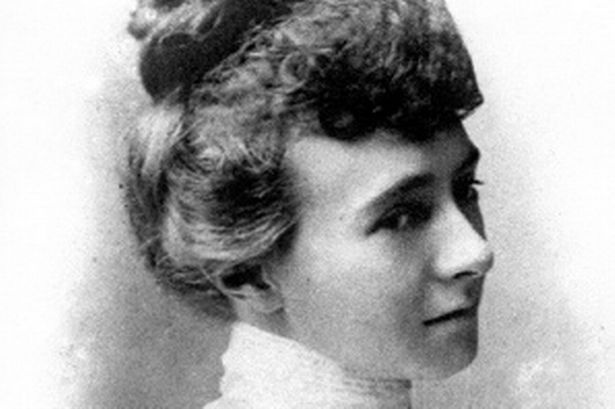Through school history lessons most people probably know of the suffragette who appeared to throw herself under the King’s horse at the Epsom Derby in 1913, but I wonder whether many (until the recent release of the film Suffragette) actually remember her name – Emily Wilding Davison.
She made the ultimate sacrifice – intentionally or not – for women in Britain to have the vote. As a woman and a voter I felt compelled to write about her as she and all the other suffragettes made it possible for there to be true democracy in Great Britain. That moment when Davison ran onto the racecourse at Epsom will be forever ingrained in history.
Even as a young woman Davison defied the odds in a male-dominated society by graduating from London University and gaining a first class honours degree from Oxford University. Davison was imprisoned 8 times during her time as a suffragette on charges from stone throwing to setting fire to post boxes. During her time in prison she went on hunger strike and was force-fed; she even threw herself down an iron staircase with the intention of killing herself, because – as she wrote herself – she believed“some desperate protest must be made to put a stop to the hideous torture, which was now our lot”; and that “one big tragedy may save many others.”
Although I knew about Davison’s actions at the Epsom Derby which lead to her death I did not know until recently about her other actions, including one which I think she should definitely be remembered for. Tucked away outside the chapel of St Mary Undercroft in the Palace of Westminster is a plaque commemorating one of Davison’s less well-known deeds. The plaque was made and placed there personally by Tony Benn and is inscribed: “In this broom cupboard Emily Wilding Davison hid herself, illegally, during the night of the 1911 census. She was a brave suffragette campaigning for votes for women at a time when Parliament denied them that right. In this way she was able to record her address on the night of that census as being ‘The House of Commons’ thus making her claim to the same political rights as men. Emily Wilding Davison died in June 1913 from injuries sustained when she threw herself under the King’s horse at the derby to draw attention to the injustice suffered by women. By such means was democracy won for the people of Britain.”
Whether Davison’s death at the Epsom Derby wasintended or not, her funeral procession saw the streets of London lined with thousands who came to pay their respects. She was later buried in Northumberland; her headstone is inscribed with the Women’s Social Political Union (WSPU) motto “Deeds not words”.
The women of Britain are indebted to Davison and every other suffragette who fought for our right to vote and I really hope that the name Emily Wilding Davison is never forgotten for the deeds she carried out to gain a vote she never got to use.
Imogen Sheldon
[Image: Russell Butt]

